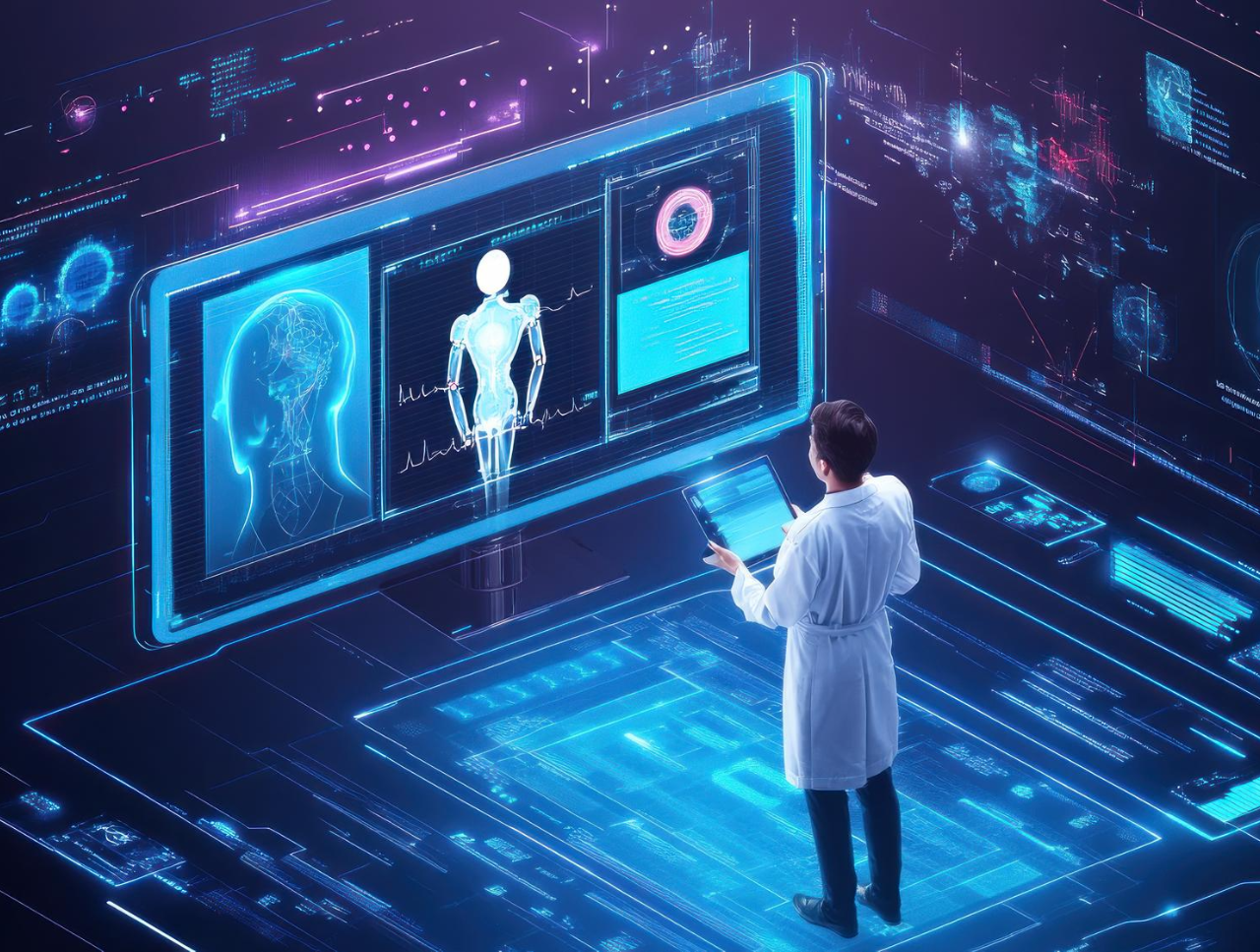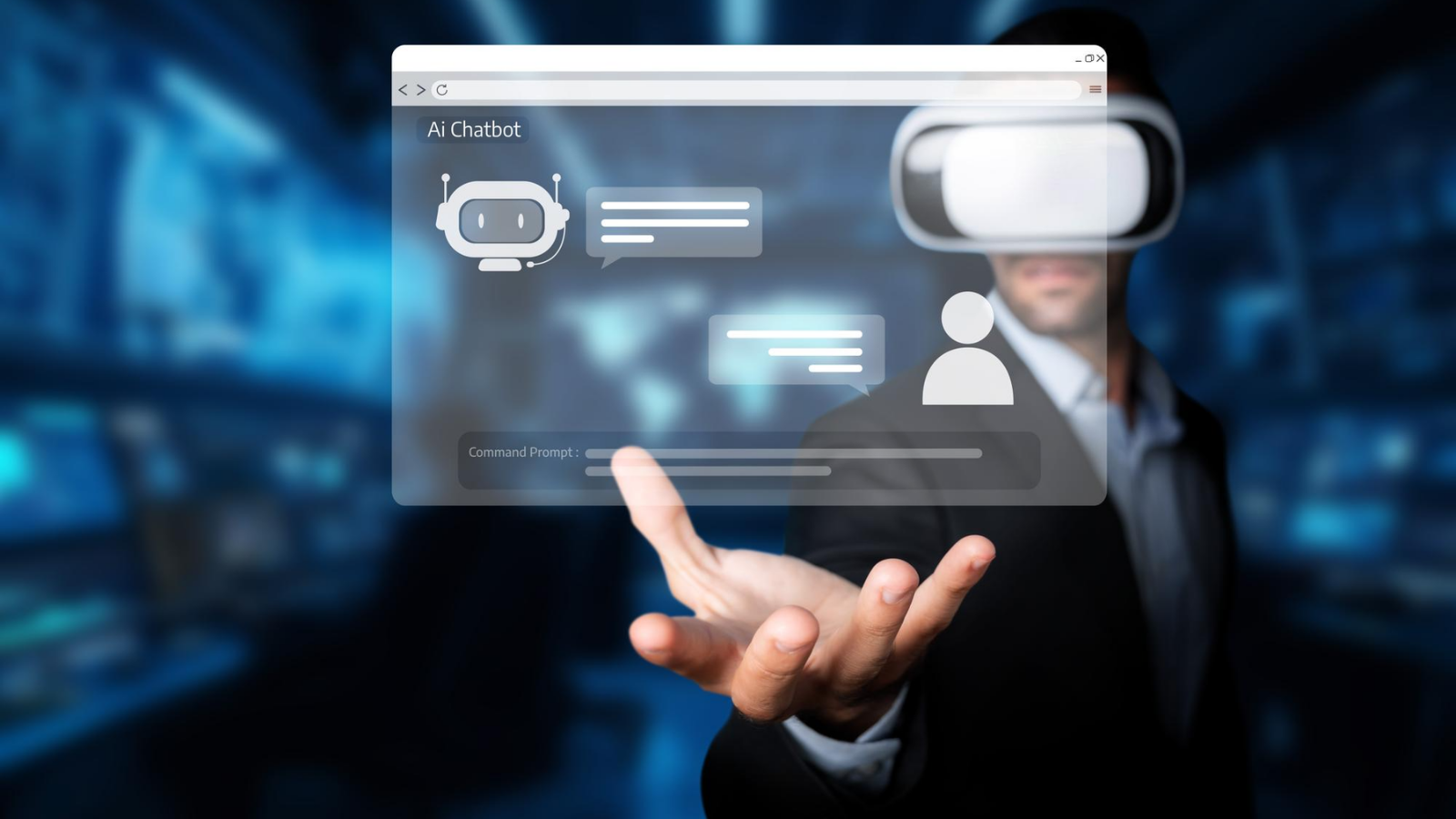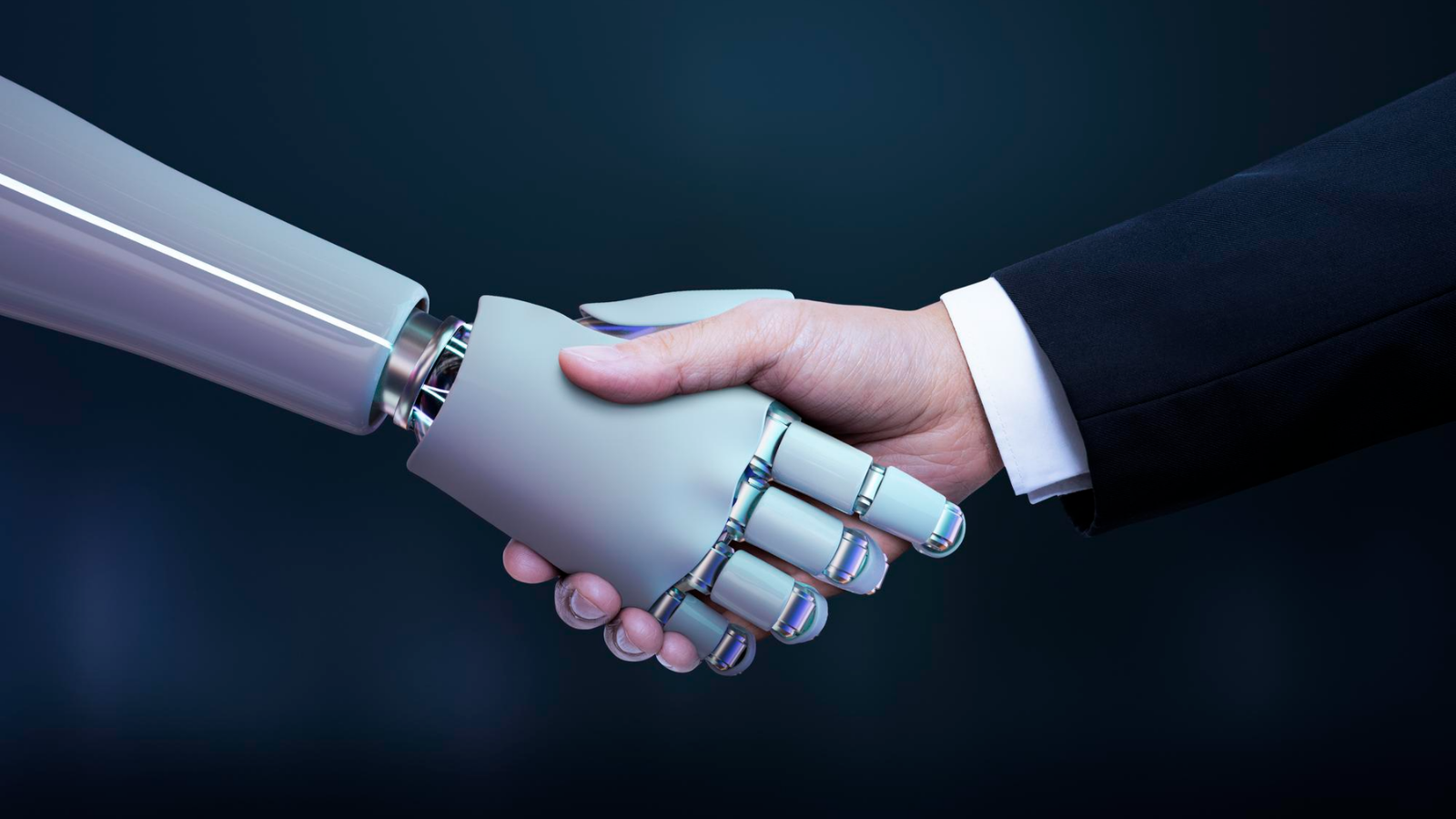Artificial Intelligence (AI) is rapidly transforming industries worldwide, and healthcare is one of the sectors benefiting the most. While AI has a broad range of applications, its potential to enhance early disease detection is perhaps one of the most exciting and impactful areas. From analyzing medical images to predicting genetic risks, AI is giving healthcare providers the ability to catch diseases earlier than ever before, improving treatment outcomes and saving lives.
How AI is Changing Early Disease Detection
Early disease detection has always been a cornerstone of effective medical treatment. The earlier a disease is caught, the more treatment options are available, and the higher the chances of recovery. But traditional methods can sometimes miss the mark. Human error, subtle signs, and the vast amounts of data involved in diagnostics can delay detection.
AI, however, is stepping in to fill this gap. By analyzing massive datasets, recognizing patterns, and drawing from millions of medical cases, AI is helping doctors detect diseases faster and more accurately.
1. AI in Medical Imaging
One of the clearest applications of AI in early detection is in medical imaging. Whether it’s detecting tiny tumors on mammograms or finding early signs of lung cancer in CT scans, AI systems are showing tremendous promise. AI algorithms trained on thousands of medical images can recognize even the smallest anomalies that a human eye might miss.
For example, studies have shown that AI can outperform radiologists in detecting breast cancer at early stages, often identifying signs of the disease that were overlooked. This can lead to earlier treatment interventions, giving patients a much better chance at recovery.
2. AI in Genomics
Another area where AI is revolutionizing early detection is in genomics. By analyzing genetic data, AI can predict the likelihood of a person developing diseases like cancer, diabetes, or cardiovascular conditions. This gives healthcare providers the chance to intervene long before the disease manifests physically, either through lifestyle changes or preventive treatments.
Take genetic predisposition to breast cancer, for instance. AI can sift through a patient’s genome to find mutations or patterns that may indicate a higher risk of developing cancer. Knowing this information allows patients to take preventive measures early on, such as increased screenings or preventive therapies.
Improving Diagnostic Accuracy
While early detection is crucial, accuracy is equally important. AI is not just quick; it’s precise. One of the advantages of AI is its ability to reduce the number of false negatives and false positives—something that is still a challenge in many areas of medicine.
For instance, in dermatology, AI tools are being used to examine skin lesions and identify whether they are likely to be cancerous. These tools are often more consistent than human dermatologists in detecting conditions like melanoma, leading to faster and more reliable diagnoses.
Moreover, AI doesn’t experience fatigue. Where a doctor might miss subtle changes due to long hours or a large volume of patients, AI remains consistent, analyzing each data point with the same level of attention.
Personalized Healthcare Through AI
One of the most exciting potentials of AI is the ability to deliver personalized healthcare. With its ability to analyze a patient’s entire medical history, genetic information, and lifestyle, AI can help doctors create individualized treatment plans.
Let’s take the case of heart disease. By monitoring a patient’s real-time data, like blood pressure or cholesterol levels, alongside their medical history, AI systems can predict if the patient is at risk of a heart attack and recommend preventative measures. These personalized insights could save countless lives by catching diseases in their earliest stages.
Challenges in Adopting AI in Healthcare
Of course, implementing AI in healthcare isn’t without its challenges. One of the key hurdles is data privacy. Healthcare data is incredibly sensitive, and ensuring that AI tools comply with data protection regulations is essential. Moreover, integrating AI systems into existing healthcare infrastructures can be complex and costly.
However, as the benefits of AI become clearer, more healthcare providers are beginning to adopt these tools, and with proper data governance and security protocols, AI’s potential in early disease detection will only grow.
Looking to the Future
The future of AI in healthcare is bright, and its ability to transform early disease detection is one of the most promising aspects. As AI continues to improve and more healthcare providers begin to integrate these tools, we will see faster diagnoses, more personalized care, and most importantly, better patient outcomes.
At Nuclay Solutions, we believe in the power of AI to drive innovation across industries, including healthcare. If your organization is looking to stay ahead of the curve by integrating cutting-edge AI solutions, we can help you leverage technology to enhance your services and deliver better results.
Want to know more about how AI can transform your business?
Contact us to explore AI solutions tailored to your industry and needs.



